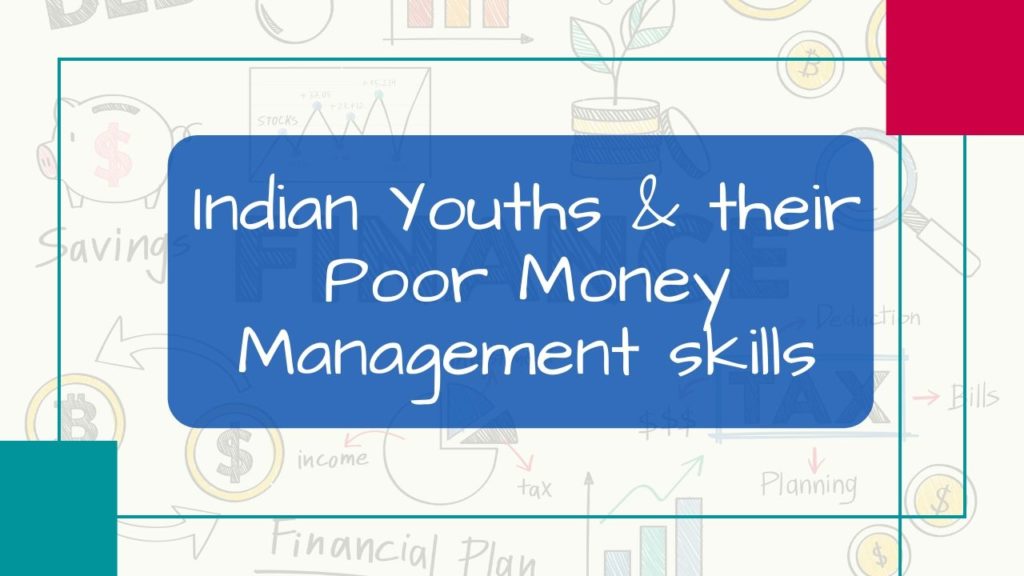-
Saving accounts with sweep facility-
The sweep in option lets you enjoy flexibility in managing your savings and also enjoy higher returns from a fixed deposit. Here after a threshold limit, any excess money lying in your savings account, above a particular threshold level gets automatically converted into a fixed deposit and vice versa. Average Return we receive is between 6.5%-7.5%
-
Fixed Deposits–
These are one of the safest investments available and known to everyone offered by Banks and NBFCS . Fixed Interest rates are given according to the fixed time intervals. It provides options for investing and flexibility to pay. Short term investment plans with fixed deposits can help you protect your funds against inflation.
-
Public Provident Fund–
PPF is one of the popular options available to individuals which also comes under Sec 80 C ( Tax deduction) . Also, the scheme is available on the internet as well as on physical institutions for easy accessibility. This fund is very similar to a bank Recurring Deposit (RD) but has a tenure of 15 years with the option to extend it further by five years. We can withdraw from the 7th year and even can take a loan of the respective amount based on our PPF account. One of the most attractive features of a PPF account is that the interest that is earned on this fund is eligible for deduction.
-
Mutual Funds–
With this instrument, we can enter into the market with less knowledge as well because to manage the collective investment one fund manager is there who pools people’s money and invests in stocks and bonds of various companies and creates a mix of expected returns. They are in the same category of risk as stocks, though slightly less. It is one of the options available where we can invest with Rs 500 as well and instead of having less knowledge about the stock market, it is still on the safer side as professionals deal with our funds.
-
Direct equity purchase–
The stock market is very unpredictable and if you want to invest you need to prepare yourself mentally. Buying direct equity is a good option ONLY IF you are financially secure and you can afford to take risks and maybe bear a few losses.Investing in the stock market can be an exhilarating experience, but you need to do thorough research before investing your hard-earned money.
-
Gold–
Indians have had a long-standing love affair with gold since the beginning of time. Investing in Gold ETFs (exchange-traded funds) and Gold Funds is an excellent option as you can purchase gold on paper and eliminate the risks and hassles of securing physical gold. Gold ETFs or Gold Exchange Traded Funds are instruments that function as a mix of stock and gold investments. These funds are traded on the National Stock Exchange (NSE) and can be bought and sold just like any other company stock. Gold ETFs are passive instruments based on gold prices, which make them completely transparent in terms of pricing.
-
Real Estate–
Diversification is the key to better investments . Real estate investment is one of the oldest and most preferred avenues to invest for individuals, HNIs, NRIs and the working class too. Pre-launch property is a great option for investors, where returns can reach up to 50%. Especially commercial Projects. It is usually to build our wealth and increase the asset side in our balance sheet.
-
Debt Funds-
It is basically a mix of debt or fixed income securities such as Government securities, corporate bonds, gilt funds, treasury bills, fixed maturity plans, liquid funds, etc. The income is in the form of interest income and capital appreciation or depreciation due to changes in market dynamics. On the basis of credit rating by organizations such as CRISIL, CARE, FITCH, etc. it is easy to get a true picture of creditworthiness of issuers of fixed income securities.
-
National Pension System (NPS)–
Pensions are associated with Government employees only, but with the recent initiative by the Indian Government, everyone is eligible for a pension. If looking for Retirement, the National Pension System (NPS) could be the choice that is managed by the Pension Fund Regulatory and Development Authority. The minimum annual (April-March) contribution for an NPS Tier-1 account to remain active has been reduced from Rs 6,000 to Rs 1,000. It is a mix of equity, fixed deposits, corporate bonds, liquid funds and government funds, among others. Depending on our risk capacity we can choose the option of equity available. Currently, the 1-,3-,5-year market return for Fund option E is around 9.5 percent, 8.5 percent, and 11 percent, respectively.
-
Liquid Mutual funds or Money market mutual funds–
The option carries the least amount of risk and is for persons who have idle money for a short period of time. The mutual fund invests your money in the highly liquid short term instruments like the bank’s CD, T-bills and commercial papers generally with a maturity period of fewer than 91 days.
-
ELSS–
An ELSS is an Equity Linked Saving Scheme that serves as an equity instrument for investment and fund growth. An ELSS does not offer any coverage benefits like a ULIP and is aimed at saving from the investment corpus. As per the mandated government rules, partial tax benefit on ELSS investment can be availed under Section 80C of the Income Tax Act. The returns after 31st March 2018 are taxable (10% for an amount that is greater than Rs 1 Lac), whereas the returns before 31st March 2018 are tax exempt. ELSS comes with a mandatory lock-in period of 3 years and offers returns that are higher when viewed in comparison to several other options.
-
Unit Linked Insurance Plans–
Unit Linked Insurance Plan (ULIP) is a product offered by insurance companies that gives an investor both insurance and investment options under a single integrated plan. Under a ULIP, the investor or policyholder can pay the premium either on a monthly or annual basis. A small part of the premium goes to the insurance policy, while the remaining gets invested in a mutual fund. Aggressive and conservative investors can invest in either equity or debt oriented plans, respectively. While traditional insurance plans are known to offer returns of 4%-6%, Unit Linked Insurance Plans can offer you returns in double digits, specifically if invested in equity funds.



